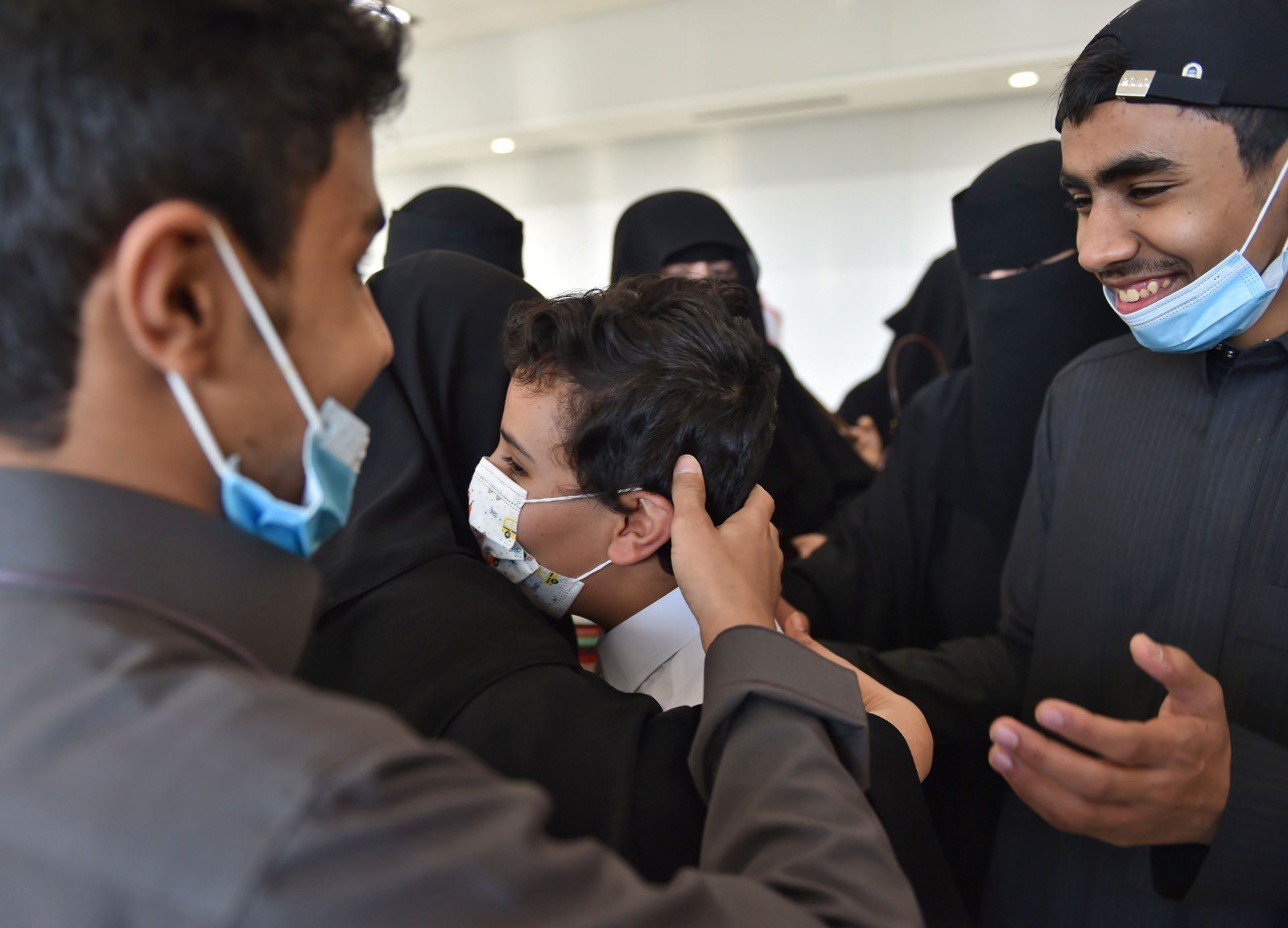The 2017 blockade on Qatar by the UAE, Saudi Arabia, Egypt and Bahrain saw the splitting of many families due to the restriction of movement.
When the Gulf crisis erupted in 2017, life in Qatar came to an abrupt halt.
While political analysts could sense tensions brewing, for the average citizen in the Gulf region, the GCC crisis and severance of ties, trade and transport struck like lightening.
Some time after the crisis erupted and the borders closed between Qatar and its three Arab Gulf counterparts of Saudi Arabia, the UAE and Bahrain, Qatari nationals were ordered to leave the three countries within 14 days.
Similarly, Saudi, UAE and Bahraini citizens were given a timeframe to leave Qatar as well.
The blockade had essentially split up families, with members of the same family that hold different citizenships finding themselves barred from seeing or visiting each other due to the disruption of movement between Qatar and the other nations, be it through land, sea or air.
For mixed citizenship couples and their families, the blockade had created not just a physical rift but, in some cases, a societal rift.
For Maryam, a Saudi citizen residing in Qatar, travel in a pre blockade world was easy, allowing her to visit her family frequently.
“Before the blockade, I was travelling frequently between Saudi Arabia and Qatar. It was easy, affordable and direct. However, after the blockade traveling was hard, especially with the increase of flight ticket prices and the duration of the flights, as the flights had to be rerouted and consisted of layovers,” said Maryam.
Because of this, Maryam stopped visiting Saudi Arabia as much as she used to. The last time she was in her homeland was 3 years ago to see her family.
When she first heard news of the blockade, Maryam was in shock. “I was studying for my final exams, then I had to get ready to pack my things and travel before the airport closed to head back to my country. It was a very long distance, I had to stop in Kuwait then leave from there. A lot of changes happened quickly that took some time to readjust and find solutions,” she said.
Now, with the blockade having come to an end this year with the signing of the Al Ula declaration, Maryam has hope to see her family again.
“With open land and air ways, I can’t wait to visit them again soon,” added the Saudi citizen.
Maryam is among the many citizens who have waited for ease of movement between Saudi Arabia and Qatar.
In Eid Al Fitr alone this year, 17,000 travellers in over 6,000 cars crossed the Abu Samra land crossing at the border between Qatar and Saudi Arabia. Qatar saw its first visitors from the Saudi border earlier in January after a three year long cessation of land travel.
Khalifa, who’s name has been changed for privacy concerns, is a Qatari citizen whose mother hails from Saudi Arabia. Under the blockade, his family was immensely affected, split between two nations so close, yet so far at the time.
“It’s really affected my travel to Saudi Arabia, because my mother was there with my aunt for a while and I couldn’t visit her or see her. It was a bad time for my family, especially for my mum. What an awful feeling for a mother to not be able to see her kids!” said Khalifa.
When the blockade was lifted and travel resumed, Khalifa was able to visit his family in Saudi Arabia twice, with no obstacles or struggles. For Khalifa, seeing his family in the neighbouring kingdom after a long time was “the best thing to happen to him this year.”
Similar issues surfaced for those with links to the United Arab Emirates.
Maha is a Qatari with family in the UAE who very recently took a trip to the neighbouring Gulf state for a long overdue reunion with her family that was described as “emotional.”
The blockade meant that Maha was barred from seeing her family in Abu Dhabi, especially her grandmother, leaving her “disappointed and devastated.”
“Everyone was shocked, especially since we were getting ready to travel to spend Ramadan and Eid with the family. Our flight was a day after the blockade. It’s not easy how they involved families in politics, which brought so much pain,” Maha noted.
“Being able to see my grandmother after three years of the blockade was very emotional. Thank god everything went back to normal and we got to see our family and friends in Abu Dhabi after so long,” she added.
The reunion brought Maha to tears, especially after having missed many occasions and celebrations during the years that passed. It was almost bittersweet, seeing her grandmother’s emotional response after years of separation.
“It was beautiful and exciting to come back to my family and be reunited,” the Qatari citizen said.
“We hope this never happens again,” she added.
Follow Doha News on Twitter, Instagram, Facebook and Youtube







